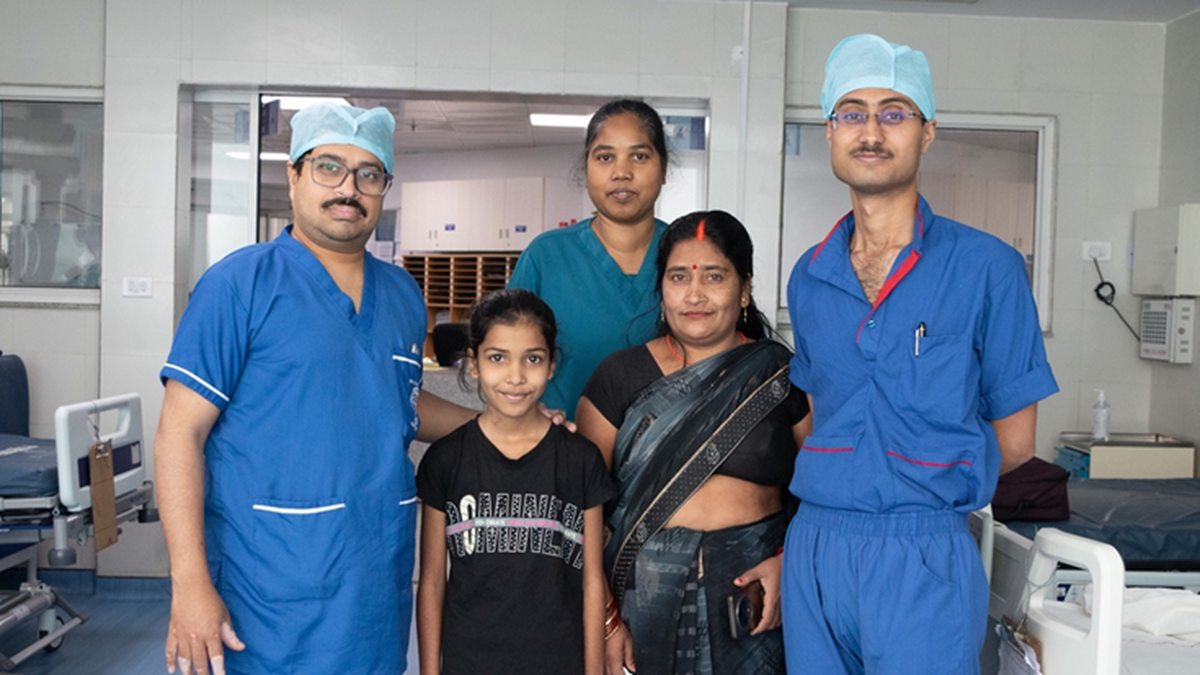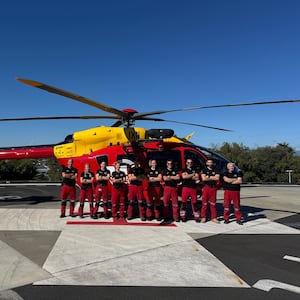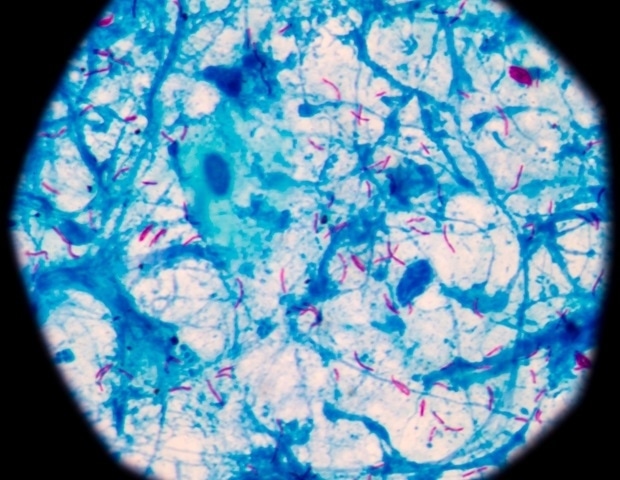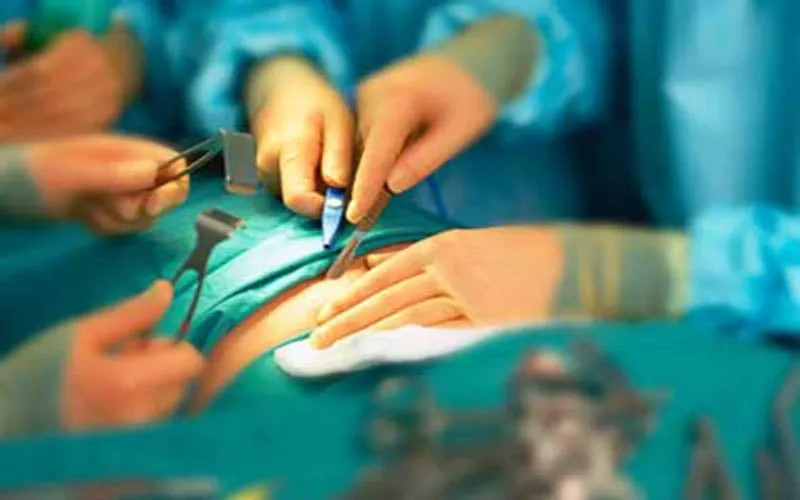
All India Institute of Medical Sciences (AIIMS), Delhi has successfully performed its first Total Laparoscopic Whipple operation on an 11-year-old girl, making her the youngest patient worldwide to undergo this complex procedure entirely by laparoscopic route. The young patient from Garhwa, Jharkhand, came in with a rare pancreatic tumour known as a Solid Pseudopapillary Epithelial Neoplasm (SPEN), necessitating the intricate Whipple’s procedure, which involves the surgical removal and reconstruction of a significant part of the pancreas and the digestive system. “SPEN is a rare but highly curable cancer of the pancreas, predominantly affecting young women in their second or third decades of life.
Complete surgical removal of the tumour remains the only definitive treatment. Considering this, our young patient can be considered cured and now awaits returning to school and normal activities. We plan to continue regular surveillance to ensure her sustained well-being,” said lead surgeon for the operation Dr.

Anjan Kumar Dhua, professor of Paediatric Surgery in AIIMS Delhi. The child was operated on February 27 and got discharged ten days following the surgery. Giving details about the surgery Dr.
Dhua said that the patient came in experiencing persistent abdominal pain and investigation revealed SPEN. The doctor added that the pancreas is a small, crucial organ located deep within the abdomen. It closely surrounds several major blood vessels supplying vital organs throughout the body.
Because of its intricate placement and proximity to these important vessels, surgical procedures involving the pancreas require extraordinary care, precision, and meticulous attention, leaving absolutely no margin for error. “Typically, this surgery is done through a very long cut on the tummy, which can be painful afterward and leave a big scar. Considering several important factors, the operating team decided to perform the same surgery using only four tiny incisions—two measuring just 5 mm and another two measuring 10 mm.
The team operated for eight and a half hours with only 80 ml of blood loss,” said Dr. Dhua. Following the surgery the patient had a smooth and comfortable recovery with minimal postoperative pain, a short hospital stay, and cosmetically pleasing outcomes due to tiny laparoscopic incisions.
“Most importantly, the procedure strictly adhered to essential oncological principles, ensuring complete tumour removal and patient safety,’” said a release issued by the Hospital. Technically pancreaticoduodenectomy, also known as the Whipple operation, is considered the pinnacle of gastrointestinal surgery so far as the technicalities of the operation are concerned, and performing it laparoscopically further elevates the complexity. Given its rarity in paediatric surgical practice, such cases have traditionally been managed through open surgery.
Meanwhile, from the anaesthesia perspective, Bikash Ranjan Ray, Professor of Anaesthesia AIIMS, Delhi, noted that his the team was fully prepared for a prolonged operation and anticipated intraoperative blood loss; fortunately, the surgery proceeded without any significant anaesthetic complications or blood loss. Good pain management ensured that the child experienced a smooth, pain-free recovery in the postoperative period, he added. Published - March 29, 2025 04:06 pm IST Copy link Email Facebook Twitter Telegram LinkedIn WhatsApp Reddit medical conditions / health.















